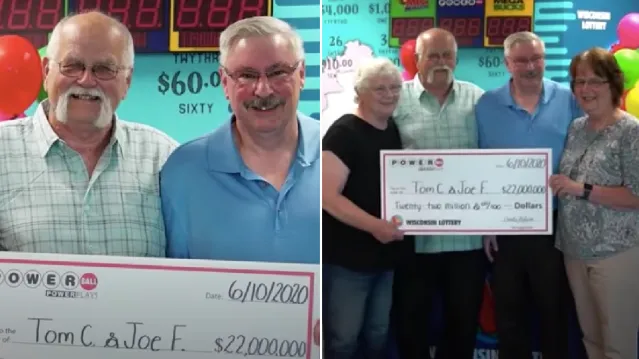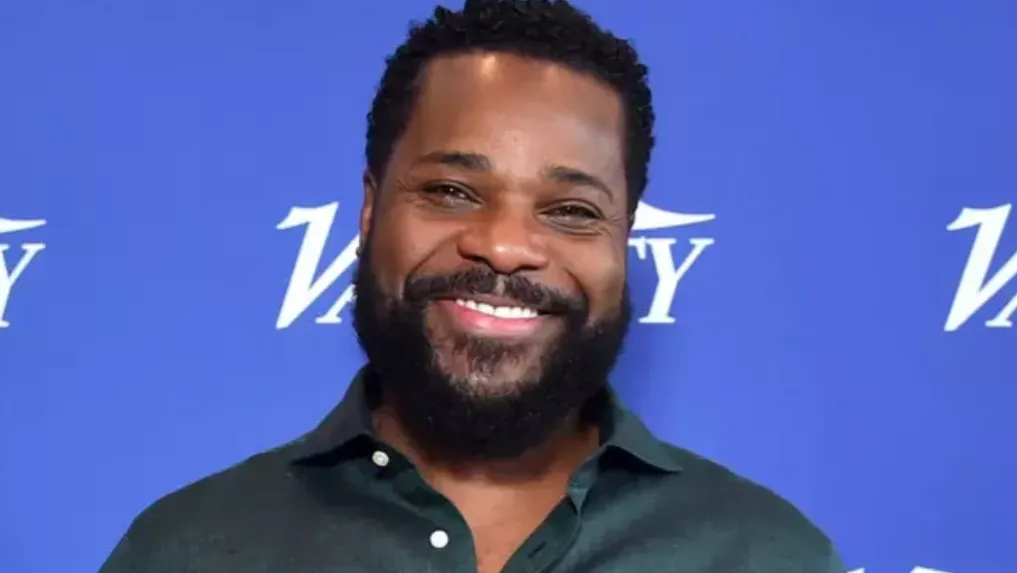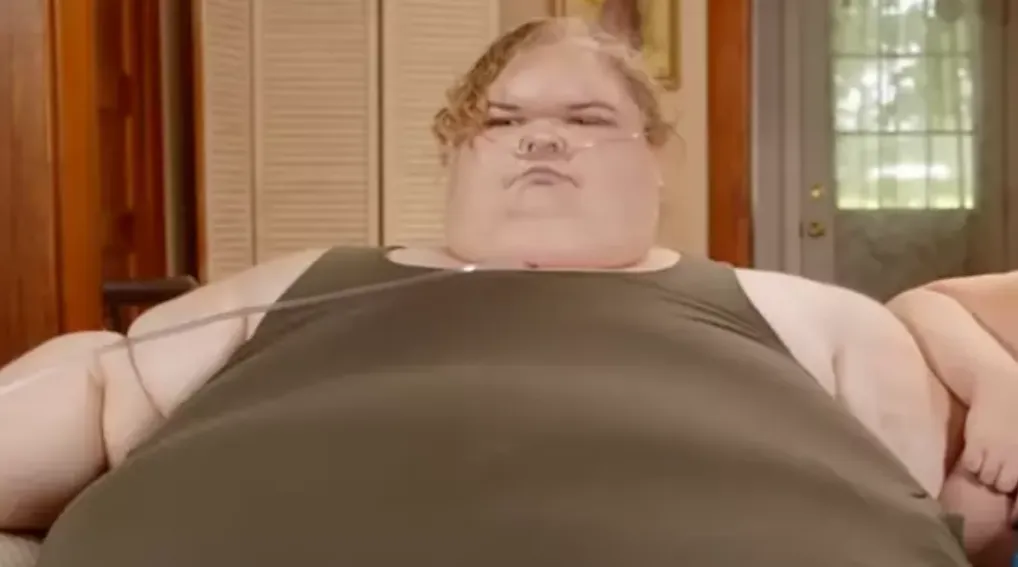The Cosby Show star Malcolm-Jamal Warner has died suddenly aged 54
Malcolm-Jamal Warner has died at the age of 54
Actor Malcolm-Jamal Warner has died at the age of 54, it has been reported by multiple outlets.
Warner was of course best known for his role in The Cosby Show, playing Theo Huxtable for all eight seasons of the series.
Police have confirmed to ABC News that Warner drowned off the coast of Costa Rica on Sunday (July 20).
Officials said the actor died near Cocles, a beach in Limon. He was caught by a high current while out swimming and his body was found on Sunday afternoon, according to police.
Warner's body was formally identified by Costa Rica’s national police, and they confirmed his cause of death was asphyxia.

UNILAD has reached out to Warner's representatives for comment.
Having appeared on The Cosby Show between 1984 and 1992, Warner received an Emmy nomination for Outstanding Supporting Actor in a Comedy Series.
There was also the 1990s sitcom Malcolm & Eddie
The Cosby Show star sat down with People in 2023 to discuss the legacy it had left 30 years after its conclusion.
Warner said: "What made it so groundbreaking was its universality. NBC initially saw it as a show about an upper-middle-class Black family. Mr. [Bill] Cosby diligently impressed upon them that the show was about an upper-middle-class family that happened to be Black."
Because of Cosby's legal issues, which saw a sexual assault conviction overturned by the Pennsylvania Supreme Court in June 2021, the show's reputation was somewhat tarnished.

Touching on that in the same interview, Warner said: "Regardless of how some people may feel about the show now, I'm still proud of the legacy and having been a part of such an iconic show that had such a profound impact on - first and foremost, Black culture - but also American culture."
He added: "I know I can speak for all the cast when I say The Cosby Show is something that we are all still very proud of.
"We share a unique experience that keeps us lovingly bonded no matter how much time goes between seeing or hearing from each other."
Dad with deadly brain cancer that kills in a year is cancer free after taking new drug
A breakthrough drug is fighting brain cancer head-on.
Glioblastoma is widely considered the deadliest form of brain cancer, killing over 10,000 Americans each year. There is no cure for the highly aggressive disease — many patients survive just nine months after diagnosis.

Ben Trotman was diagnosed with glioblastoma in October 2022 at 40.
Treatment focuses on managing symptoms and extending life via surgery to remove as much of the tumor as possible and radiation therapy and chemotherapy to destroy cancer cells.
Now, researchers from University College London Hospitals are recruiting glioblastoma patients for a trial of the immunotherapy drug ipilimumab. Sold under the brand name Yervoy, the monoclonal antibody stimulates the immune system to recognize and attack cancer cells.
Oncologists are optimistic since a UK father shows no signs of having a tumor after he took ipilimumab before his glioblastoma treatment.
Ben Trotman was diagnosed with glioblastoma in October 2022 at 40.
“The crucial element of this trial is that patients will have their immune system boosted by the drug before they have any other treatment, when they are fit and well enough to tolerate the immunotherapy,” said Dr. Paul Mulholland, the consultant medical oncologist leading the trial.
“We saw with Ben, the one patient recruited to the immunotherapy study, NeAT-GLIO, that he has had clear scans since having the treatment and the tumor hasn’t returned more than two and a half years later.”

Glioblastoma is widely considered the deadliest form of brain cancer, killing over 10,000 Americans each year.
Trotman met with Mulholland, who enrolled him in a clinical trial for ipilimumab. He was the first patient in the world — and the only person in the trial — to take the drug before glioblastoma treatment.
“Getting this diagnosis was the most traumatic experience,” said Trotman’s wife, Emily.
“We were grappling with the fact that Ben had gone from being apparently perfectly healthy to having months to live.”
After taking the drug, Ben underwent radiotherapy and chemotherapy.
Two years and eight months later, his scans are clear.
“It is very unusual to have a clear scan with glioblastoma, especially when he didn’t have the follow-up surgery that had been planned to remove all of the tumor that was initially visible on scans,” Mulholland said.

Ben and Emily Trotman wed in 2023, after he began his immunotherapy treatment.
“We hope that the immunotherapy and follow-up treatment Ben has had will hold his tumor at bay,” he added, “and it has so far, which we are delighted to see.”
In January 2023, months after his diagnosis, Ben married Emily. The couple welcomed a daughter, Mabel, earlier this year.
They enjoy taking her for walks along with their rescue dog, Jerry.
“We are trying to live as normal a life as possible,” Emily said.
“We are in a unique position of which there is no precedent and which comes with a great deal of uncertainty,” she continued. “We want to live each day as if it were our last, but we also want to plan for the future, which we hope to have.”
Researchers plan to recruit 16 glioblastoma patients like Ben over 18 months.
After taking ipilimumab, the trial participants will undergo radiotherapy and chemotherapy and perhaps surgery depending on the extent of their disease.

Dr. Paul Mulholland and Dame Siobhain McDonagh, who raised funds for the new clinical trial of ipilimumab.
The trial is being funded by Dame Siobhain McDonagh, a member of the British Parliament, whose sister died of glioblastoma in 2023.
“My beloved sister Margaret was appalled to discover that there had been no advances in brain cancer treatment for decades when she was diagnosed with glioblastoma,” McDonagh said. “Changing this was Margaret’s final campaign and one that I have continued in her memory.”
Treatment will take place at the NIHR UCLH’s Clinical Research Facility at the National Hospital for Neurology and Neurosurgery.
“I am delighted that this new trial, with the same immunotherapy drug I received, is going ahead and others will have the opportunity to take part,” Ben said. “It will give people newly diagnosed with glioblastoma some hope.”




